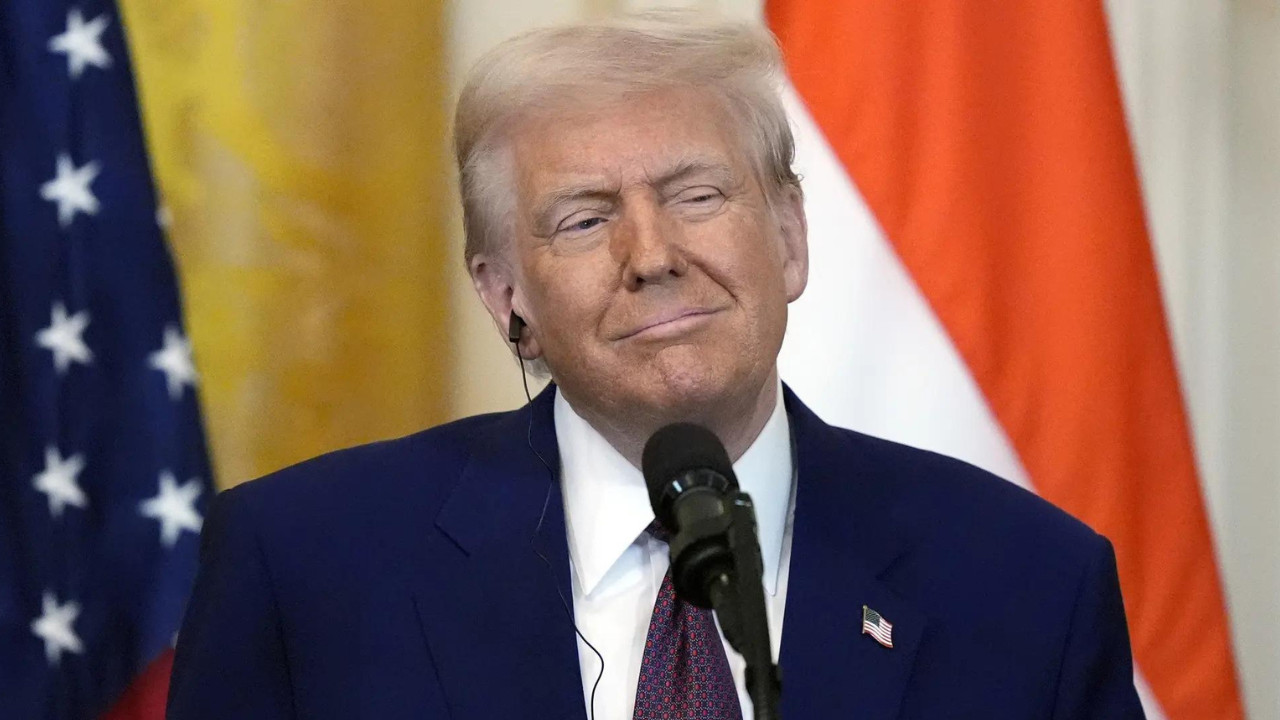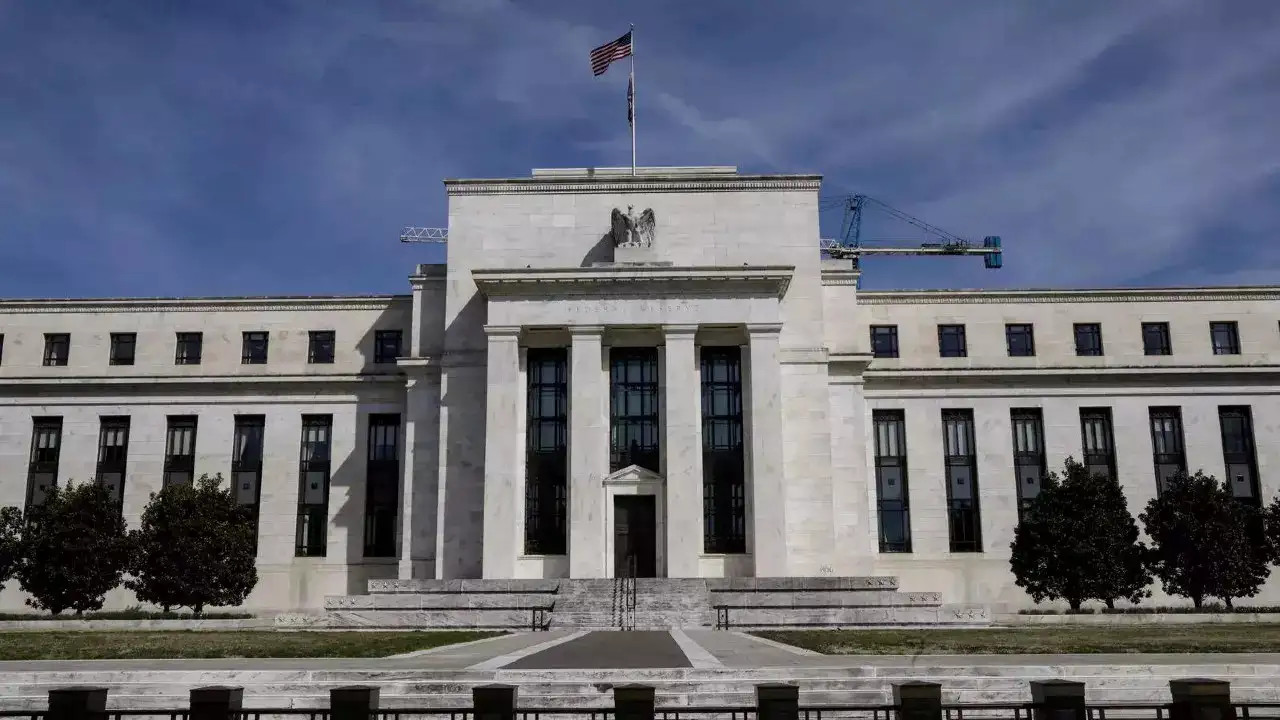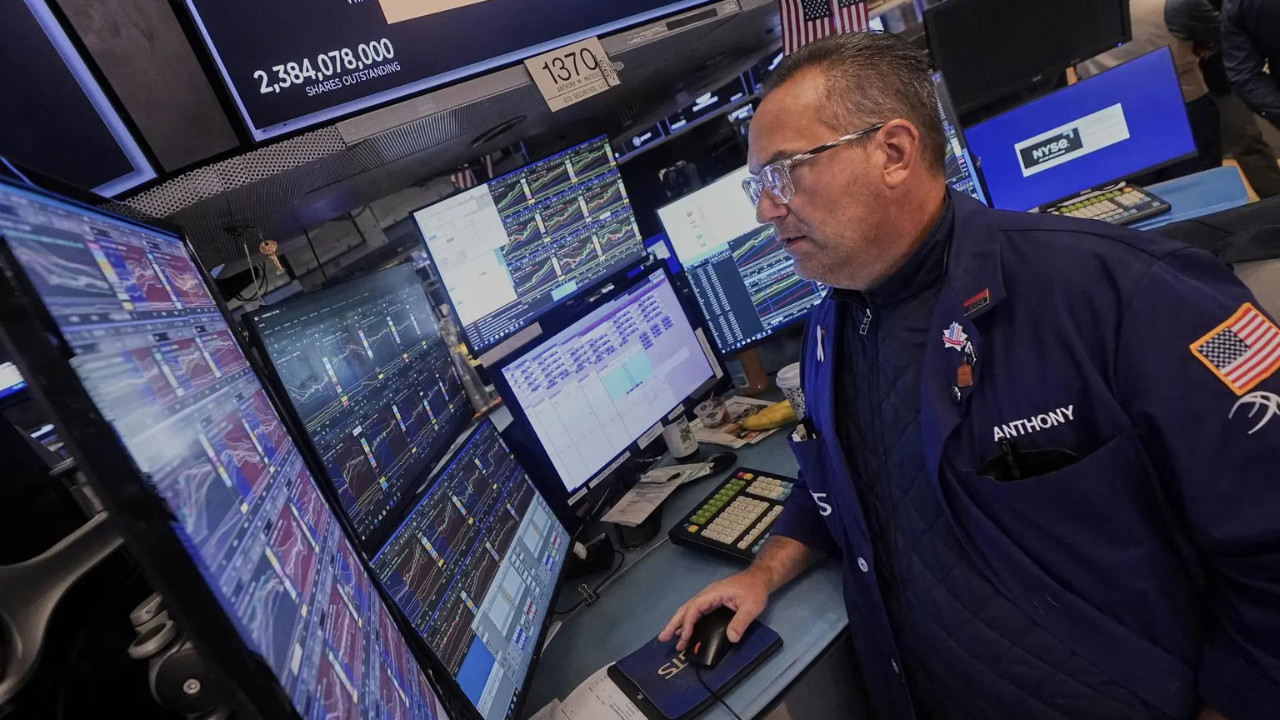Shifting Sands: Trump’s Bold Claims on India, Pakistan, and the Future of BRICS
Donald Trump’s recent pronouncements have sent ripples across the geopolitical landscape, reigniting debates about international alliances and trade dynamics. From suggesting a favorable “deal” for Pakistan to openly questioning the relevance of the BRICS economic bloc, the former US president’s statements have been met with a mix of surprise, skepticism, and outright concern. Let’s unpack these claims and consider their potential implications.
A “Deal” for Pakistan? Unpacking Trump’s Assertion
During a rally, Trump claimed that he “got along very well with Pakistan,” and that he could quickly negotiate a deal that would benefit the US. He cited positive relations with the country, seemingly in contrast to President Biden’s approach. This declaration, while characteristically assertive, raises several questions. What exactly constitutes this “deal”? What concessions would be involved? And perhaps most importantly, how would this shift in US-Pakistan relations impact the delicate balance of power in South Asia?
It’s essential to remember the complex history between the US and Pakistan. From Cold War alliances to more recent partnerships in counter-terrorism efforts, the relationship has been marked by periods of cooperation and tension. Any sudden shift towards a more overtly favorable stance towards Pakistan would undoubtedly be viewed with apprehension by India, particularly given ongoing geopolitical complexities.
Targeting BRICS: Is the Economic Bloc Losing its Luster?
Trump’s criticism extended beyond individual nations, setting his sights on the BRICS economic bloc, comprised of Brazil, Russia, India, China, and South Africa. He openly expressed a desire to “dismantle” BRICS, arguing that the alliance has become ineffective. This stance reflects a broader skepticism toward multilateral institutions that has characterized much of his political career.

But is BRICS truly losing its relevance? While the bloc has faced internal challenges, including varying economic growth rates and geopolitical tensions among its members, it still represents a significant force in the global economy. Collectively, the BRICS nations account for a substantial portion of the world’s population and GDP, and they continue to play a crucial role in shaping global trade and investment patterns. Dismantling BRICS could disrupt established economic ties and potentially create new uncertainties in the international arena. The focus keyword, dismantling BRICS, has become a focal point of economic discussions.
India’s Perspective: Navigating Shifting Alliances
India finds itself in a particularly interesting position amidst these pronouncements. The nation has cultivated strong relationships with the US, particularly in the context of the Indo-Pacific strategy aimed at countering China’s growing influence. However, India is also a key member of BRICS and maintains its own distinct relationships with Russia and China.
Any perceived shift in US policy towards Pakistan or a dismantling of BRICS could force India to recalibrate its own foreign policy priorities. Maintaining a delicate balance between these competing interests will be crucial for India to safeguard its strategic autonomy and promote its economic growth. India needs to carefully assess any potential shifts in alliances to protect its own economic interests.
The Road Ahead: Uncertainty and Opportunity
Trump’s statements have undoubtedly injected a dose of uncertainty into the global political landscape. Whether his pronouncements represent a genuine policy shift or simply reflect his characteristic rhetoric remains to be seen. However, these claims underscore the need for careful diplomacy and strategic thinking as nations navigate an increasingly complex and interconnected world.
This situation also presents opportunities. A recalibration of international relations could lead to new alliances and partnerships, fostering greater cooperation and innovation. However, it also carries the risk of increased tensions and instability. Ultimately, the future of global geopolitics will depend on the choices that nations make in response to these shifting sands. Read more on the ongoing evolution of global economic powers and their impact on international relations on our website.
In conclusion, while the immediate impact of Trump’s statements is still unfolding, they serve as a potent reminder of the ever-changing dynamics of international relations. Only time will reveal the long-term consequences of these claims and the strategies that nations adopt to navigate this evolving landscape. A proactive and adaptable approach is necessary to succeed in this volatile climate.







